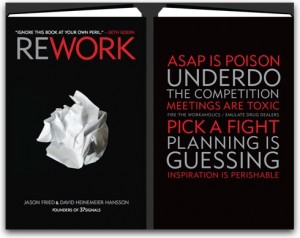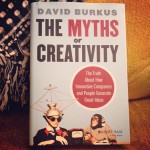
The Myths of Creativity: Outsiders, Not Experts
Twitter Summary: Sometimes the toughest problems don’t need experts. It’s the youthful inexperience of those with a basic knowledge that tend to yield the most creative of solutions.
Principle
This is the last post dedicated to David Burkus’ book The Myths of Creativity. Prior posts discussed the Mousetrap myth, the Eureka myth, and the Cohesive myth. Today is dedicated to what Burkus calls the Expert myth.
The Expert myth is a “belief that a correlation exists between the depth of a person’s knowledge and the quality of the work that person can produce.” I love that Burkus calls this idea out for being bs...












